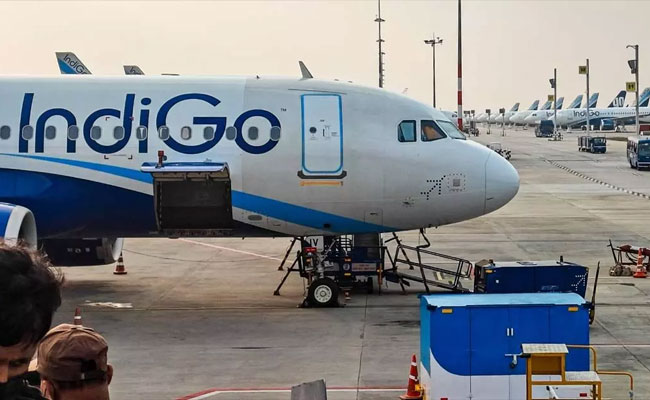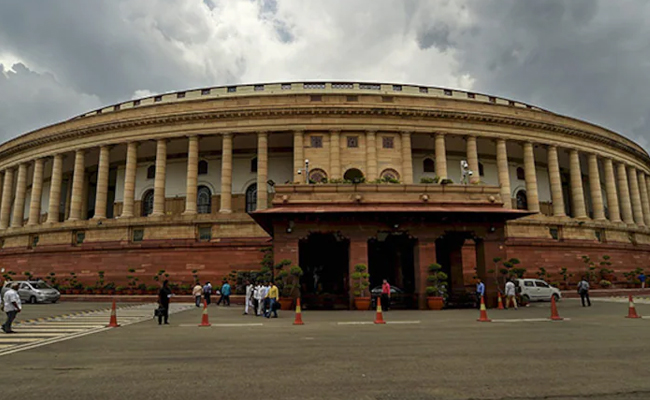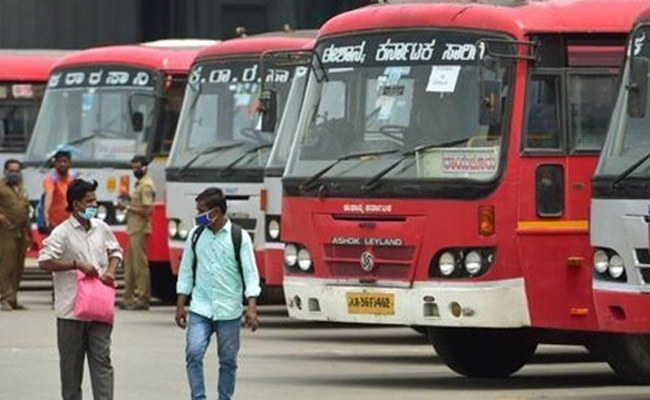New Delhi (PTI): Protesting wrestlers including Vinesh Phogat, Sakshi Malik and Bajrang Punia were detained by Delhi Police on Sunday after they breached the security cordon while trying to move towards the new Parliament building, where a women's Mahapanchayat was planned for the day.
In chaotic scenes witnessed at the Jantar Mantar, wrestlers and police officers shoved and pushed each other as Vinesh Phogat and her cousin sister Sangeeta Phogat tried to breach the barricades.
All protesters were detained and forcefully boarded in buses by Police.
"They have been detained for violating law and order. We will take legal action after inquiry in due course of time," said Dependra Pathak, Special CP, Law and Order.
The police officials were also seen clearing the protest site, where the wrestlers had resumed their agitation against the Wresting Federation of India (WFI) chief Brij Bhushan Sharan Singh on April 23.
The Delhi Police had beefed up the security at Jantar Mantar following protesting wrestlers' call for a 'Mahila Samman Mahapanchayat'.
Thousands of police personnel were deployed and multiple layers of barricades were in place in the Lutyens' Delhi area on Sunday.
The wrestlers protesting sitting about two kilometres from the Parliament building had said they will go ahead with their 'Mahapanchayat' near the new Parliament building at any cost.
However, Police said no protester will be allowed to move towards the new building as permission has not been granted to hold the event and the wrestlers should not be involved in any "anti-national activity".
The agitating wrestlers, including likes of Olympic medallists Bajrang Punia, Sakshi and Asian Games gold winner Vinesh have been demanding the arrest of outgoing WFI President Brij Bhushan Singh who they have accused of sexually harassing several women grapplers.
The wrestlers had said that use of force by police will not deter them from going ahead with their peaceful march and the Mahapanchayat.
Let the Truth be known. If you read VB and like VB, please be a VB Supporter and Help us deliver the Truth to one and all.
Mumbai (PTI): Aviation watchdog DGCA on Saturday imposed a Rs 22.20-crore penalty on IndiGo for last month's massive flight disruptions and issued stern warnings to airline chief Pieter Elbers as well as two other senior executives.
Besides, the regulator directed the airline to furnish Rs 50 crore bank guarantee to ensure compliance with its directives and long-term systemic correction.
IndiGo cancelled hundreds of flights early in December, leaving thousands of passengers stranded across the country, as the airline was not adequately prepared to implement the new flight duty norms for pilots.
Following the large-scale disruptions in IndiGo operations, aviation watchdog Directorate General of Civil Aviation (DGCA) set up a four-member committee headed by Joint Director General Sanjay K Brahmane to carry out a comprehensive review and assessment of the circumstances that led to such disruptions.
The panel submitted its report to the DGCA on December 27 last year.
"We are not taking this situation easily. We are doing an inquiry. We will take very, very strict action not only for this situation but also as an example," Union Civil Aviation Minister Rammohan Naidu had said, on IndiGo's massive operational disruptions, in the Rajya Sabha on December 8.





